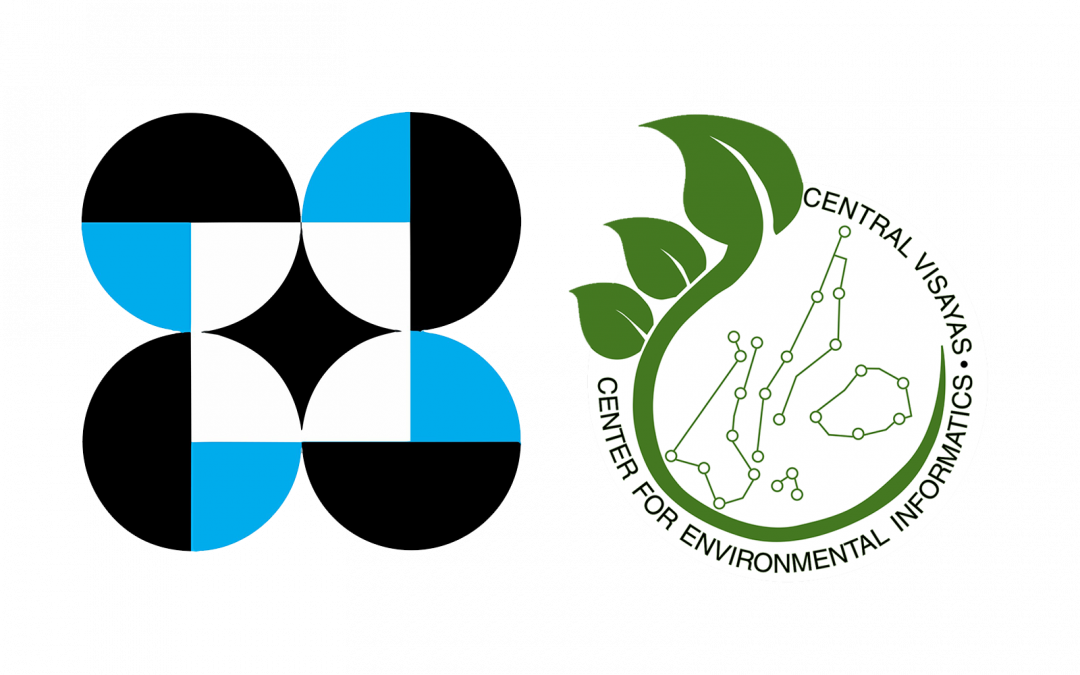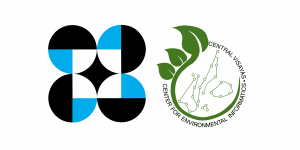On 24 July 2020, DOST aired their 13th episode of the #DOSTREPORT that highlighted the Niche Center in the Regions (NICER) and the Research and Development Leadership Program (RDLEAD).
About NICER
The Niche Centers in the Regions (NICER) for R&D is a component of the DOST’s Accelerated R&D Program for Capacity Building of Research and Development Institutions and Industrial Competitiveness under the Science for Change Program. The DOST, through the NICER Program, will capacitate Higher Education Institutions (HEIs) in the regions to make significant improvements in regional research by integrating its development needs with the existing R&D research capabilities and resources. It will provide institutional grants for R&D capacity building to improve its Science, Technology, and Innovation (S&T) infrastructure.
One of the guests was UP Cebu CENVI’s Senior Science Research Specialist and GIS expert, Enzo Campomanes. He introduces that informatics and data science, CENVI focuses on 3 major projects that dwell on the issues in the Region, (1) Biodiversity Conservation, (2) Mango Pest and Disease Detection, and (3) Shortage of Water.
Campomanes also shared that using data science, CENVI was able to assist in the search, rescue, and retrieval operation of Naga City. The landslide maps helped in providing georeference points of the household locations to facilitate targeted search and reduce the search zone.

Search, Rescue, and Retrieval operations during the September 2018 Naga landslide (photo by Campomanes)
They also partnered with the Municipality of Alegria, Cebu for their Comprehensive Land-Use Plan (CLUP) to develop groundwater potential maps to identify water protection zones.
Another notable partnership is with the Department of Agriculture Region 7 and the National Mango Research and Development Center in Guimaras for where they developed an automatic and pest disease detector for mangoes. Currently, the hardware component is in its completion stages, in preparation to be turned over to the research center.
CENVI existed before the RDLEAD Progam. The RDLEAD Program began in 2018 at the National R&D Conference where Dr. Jonnifer Sinogaya, the original proponent of NICER, and Dr. Dranreb Juanico met. With the guidance of Dr. Juanico, CENVI was able to produce scientific papers on the different project components of the center.
Looking to the future CENVI is committed to providing excellent and lasting technological solutions to multi-factorial, environmental problems for the benefit of society.
Earlier in the episode, under the Kabuhayan at Kinabukasan segment, Sec. Boy de la Peña gave recognition to an NRCP-funded study by the UP Cebu Central Visayas Studies Center Director, Dr. Belinda Espiritu, and her research assistant, Noelle Anne Seno. Their research, entitled “A Rapid Assessment of 16 Ecotourism Sites in the Philippines using Online Resources” enumerates the best practices and policy recommendations to improve ecotourism in the Philippines in the following sites:
LUZON
- CAR – Mt. Pulag
- Region I – Manleluag Spring
- Region II – Ilagan Sanctuary, Isabela
- Region III – Pawikan Conservation Center, Morong, Bataan
- Region IVA – Costales Nature Farms, Majayjay, Laguna
- Region IVA – Masungi Georeserve Park, Rizal
- Region V – Donsol Eco Tour, Bicol
VISAYAS
- Region VI – Taklong Island Marine Reserve, Guimaras
- Region VII – Danao Adventure Park, Bohol
- Region VII – Oslob Whale Shark Tourism, Cebu
MINDANAO
- Region X – Dahilayan Forest & Adventure Parks, Bukidnon
- Region XI – Philippine Eagle Center, Davao
- Region XII – Lake Sebu, South Cotabato
- Region XIII – Tinuy-an Falls, Bislig, Surigao del Sur
- Region XIII – Enchanted River, Surigao del Sur
- Region XIII – Bucas Grande Island, Surigao del Norte
The full episode can be viewed on the DOSTv Youtube Page and DOSTv Facebook page.
Keep updated of CENVI’s projects on their official Facebook Page.


